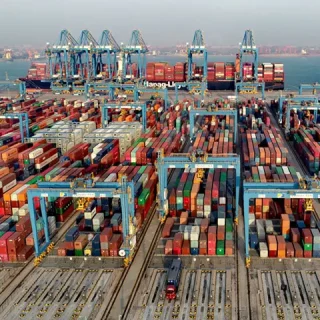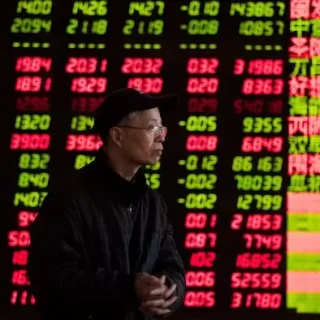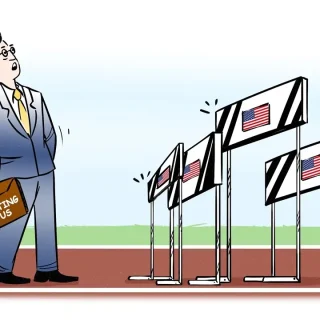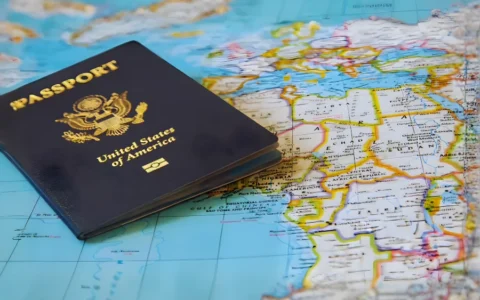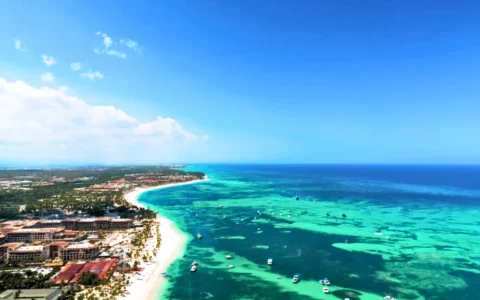As protectionism and trade war rhetoric intensify in the US and Europe, Asia-Pacific remains a beacon of optimism for global trade and investment. Tom Becker of the United Nations Economic and Social Commission for Asia and the Pacific, and Martin Kaspar, a business development executive at a German Mittelstand company, highlight the diverging approaches to foreign direct investment (FDI) and economic openness between the West and Asia.
While the West grows increasingly cautious about trade with China and foreign acquisitions of domestic firms, the Asia-Pacific region paints a more promising picture. Data from Unctad’s Investment Policy Hub indicates that approximately 75% of investment policy measures implemented in the Asia-Pacific from 2021 to 2023 have been liberalizing. Notable examples include the Philippines introducing Green Lanes for strategic investments and allowing full foreign ownership in renewable energy, Sri Lanka streamlining its investment approval processes, and Malaysia and Indonesia offering entry passes and visas to attract investors.
The commitment to opening up economies is substantiated by FDI figures, which showed a substantial $448.8 billion worth of investment projects announced across the Asia-Pacific in 2023, a record high since 2008. This investment surge reflects a shift in attracting FDI based not just on cost factors but also on dynamic qualitative factors like skilled workforces.
In contrast, Europe’s approach to FDI involves more guarded interactions and increased screening mechanisms aimed at protecting domestic industries. This has led to a continuous decline in FDI as a percentage of GDP within EU countries, unlike in the ASEAN region, which has seen robust growth.
The differing levels of enthusiasm about global economic integration reflect broader geopolitical and economic strategies. While Europe exhibits caution, fearing over-dependence on volatile global markets, Asian countries continue to foster liberal economic policies and engage with global partners.
For instance, Thailand and Indonesia are actively pursuing enhanced trade relationships with both Eastern and Western powers, showing a non-partisan approach to foreign relations and trade.
This outlook suggests that while parts of the West may be retreating from the principles of globalization due to economic and geopolitical concerns, Asia is moving in the opposite direction, continuing to liberalize and position itself as a fertile ground for global investment. The discourse around globalization, heavily influenced by Western perspectives, often overlooks these developments in Asia, which may signal that deglobalization is not a universal phenomenon but rather a localized strategy among certain Western economies.


